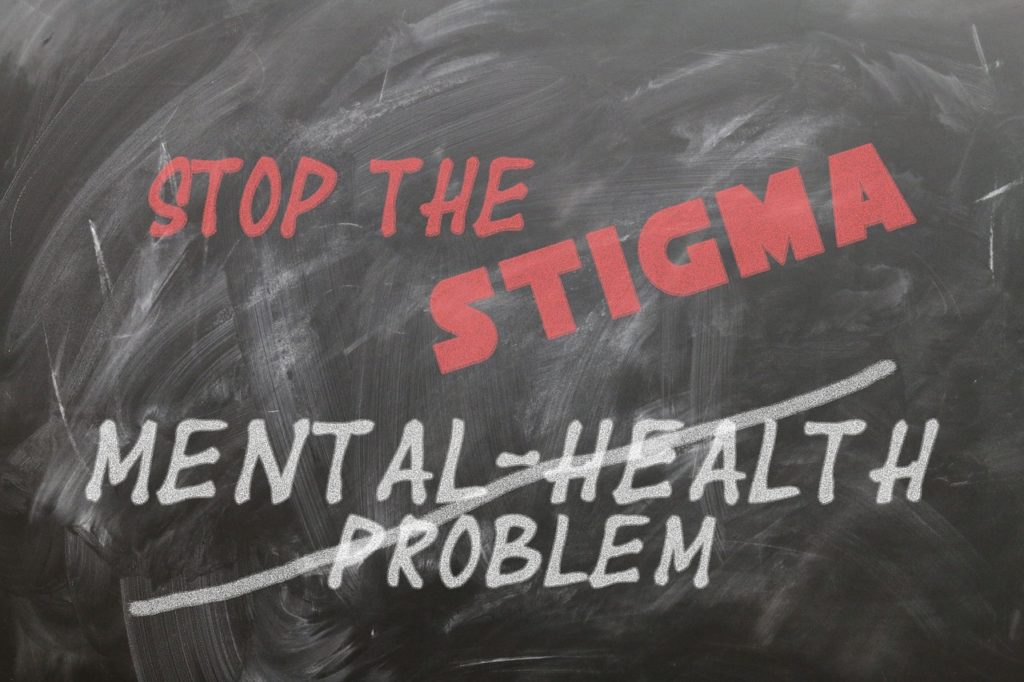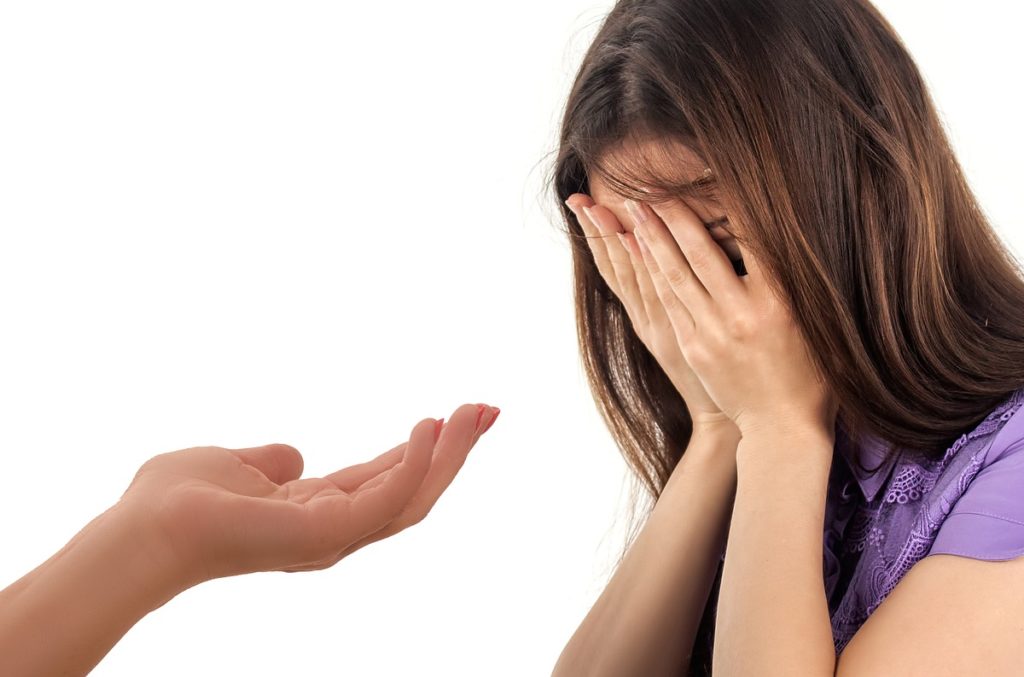Thailand, the Land of a Thousand Smiles… and at least one million depressed teenagers. Part 1 offered an insight into the experience of depression and how to recognize it. But what can you do as a parent if you suspect a child or loved one is suffering? As depression comes in numerous forms there is no one size fits all cure, but following these suggestions should help you provide the best support you can before seeking medical advice if necessary.
Just Listen
Avoid giving advice that’s not asked for, especially if you’ve never experienced depression yourself. As one sufferer put it: “Sometimes we just need people to listen instead of trying to DIY diagnose us with their unsolicited advice.” Perhaps the best thing you can do is to listen wholeheartedly to a child with depressive symptoms. Wholehearted listening means zipping your own mouth for a while and putting aside any assumptions or preconceived notions about what you are going to hear. Tempting as it may be to jump in and offer advice or counter-arguments, it is usually best to give your child the space he or she needs to speak.
Don’t Judge
Try not to judge or over-analyse. You might encounter incomprehensible rambling or stony walls of silence but whatever happens, let it be. Allow long pauses; don’t rush to fill the silence. Often, feelings are inexplicable to the sufferer themselves; they may feel a cacophony of illogical emotions or a sheer void of feeling. So be patient – trying to verbalise the experience to someone else may not trip off the tongue too fluently.
Have an Open Mind
Be open – if you have never experienced mental illness first hand you may have a wealth of underlying assumptions and unconscious biases about it. Worst case scenario your only associations are with 19th century horror stories set in psychiatric hospitals or the murderous rampages of someone declared “mentally unstable”. Think realistically. You have known your child his or her entire life, and your knowledge of their character is worth far more than any hysterical news headline. Just like physical illnesses, there is huge variety in mental illnesses. A broken nose doesn’t warrant a wheelchair, and depression doesn’t mean you are insane or need to be locked away.
Act Normally

Treat sufferers normally. There is no need to walk a wide circle around someone with depression or avoiding speaking to them in case you say the wrong thing – in fact it is likely to worsen any feelings of isolation or self-deprecation
Don’t Blame
Don’t play the blame game. Whatever happens try not to take anything personally. As a parent you may feel somehow responsible for a child’s problems, or think you have “messed up” or “failed” to raise happy, healthy children. If this self-criticism arises, just remember that depression and other mental illnesses like it are never the result of a single event or influence. Depression, in particular, arises from a combination of environmental, circumstantial, hormonal and genetic factors. Conversely, remember no one ever chooses to be depressed. Different lifestyles may increase the risk such as addictive behaviours but it is never a sufferer’s fault they are depressed. This is especially important to note in Thailand, where the Buddhist notion of karma might be brought up. It is not unheard of for depressed people in Thai culture to be told to “go to the temple” or do something to get “good merit” to get rid of their depression. Whilst relatives may mean well, suggesting one is to blame for one’s suffering is likely to worsen the situation.
Get Professional Help
If you’re worried about your child or anyone else, start with a gentle conversation. Allow them to talk as much as they want to and be a sincere listener. Even if you have a perfectly happy and fully-functioning family (but who does?!), talking about mental health is extremely important.

Welcome the topic as openly as you would decide what family movie to watch — and you’re a huge step closer to supporting your loved ones through any future difficulties and preventing a build up into the hugely debilitating illness depression can become. The WHO’s 2017 campaign “Depression: Let’s Talk” says it all. Often, simply talking to another human being reassures us that, just maybe, at least one person in the world is okay with us being around.
Also, have a look at the first part of this blog series: “Depression: When is it More than Just Teenage Angst”.





